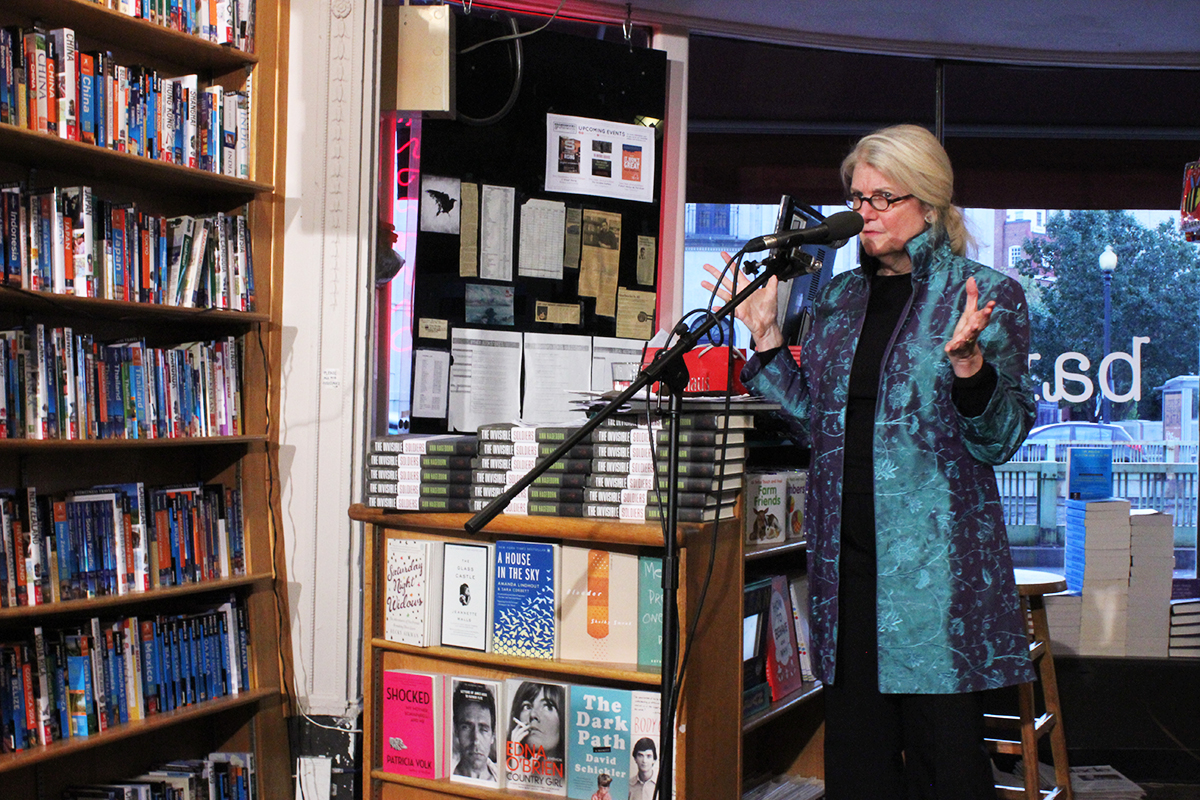A former Wall Street Journal reporter says military outsourcing, which has become synonymous with incidents like the 2007 killing of 17 Iraqi civilians by Blackwater Worldwide,needs reform. Despite scandals, the industry has been growing.
On a book tour, author Ann Hagedorn addressed private military contracting — which is when a government pays for military services abroad rather than produces soldiers internally — and the problems accompanying it.
Hagedorn’s book “The Invisible Soldiers,” released on Aug. 19, highlights the problems with private military and security companies.
“We need a national debate on it,” Hagedorn said. “People are more concerned about the iPhone 6 than where their police were trained.”
About 100,000 contractors are currently in locations abroad, according to the U.S. Central Command, and the use of contractors over U.S. forces is only increasing. Some main concerns with private military companies are the abuse of soldiers, improper training and the lack of oversight on their procedures.
“I want people to inform themselves,” Hagedorn said. “I want them to know the potential for abuse and immoral and unethical actions … what this industry is capable of and why it needs close monitoring.”
Between 2009 and 2011, private contractors’ casualties exceeded traditional military casualties in Iraq, according to Hagedorn. So far iCasualties.org lists 6,833 contractor casualties in Iraq and Afghanistan.at least keep people informed of abuses, and that would eventually lead to more regulation. Others, however, want to see the practice banned.
Delbert Spurlock, former general counsel of the U.S. Army who attended Hagedorn’s book talk, said private military companies are “inherently immoral.”
“People who are mercenaries don’t care about you,” Spurlock said. “They care about making money out of your fear. … That is what a corporation is all about.”
Hagedorn said transparency from the government would create more awareness of the problem.
“You have to feel something to win a war,” Hagedorn said. “At the very least they need to know who’s doing it. We need to know it because that’s the only way as citizens to understand the full impact of war.”

